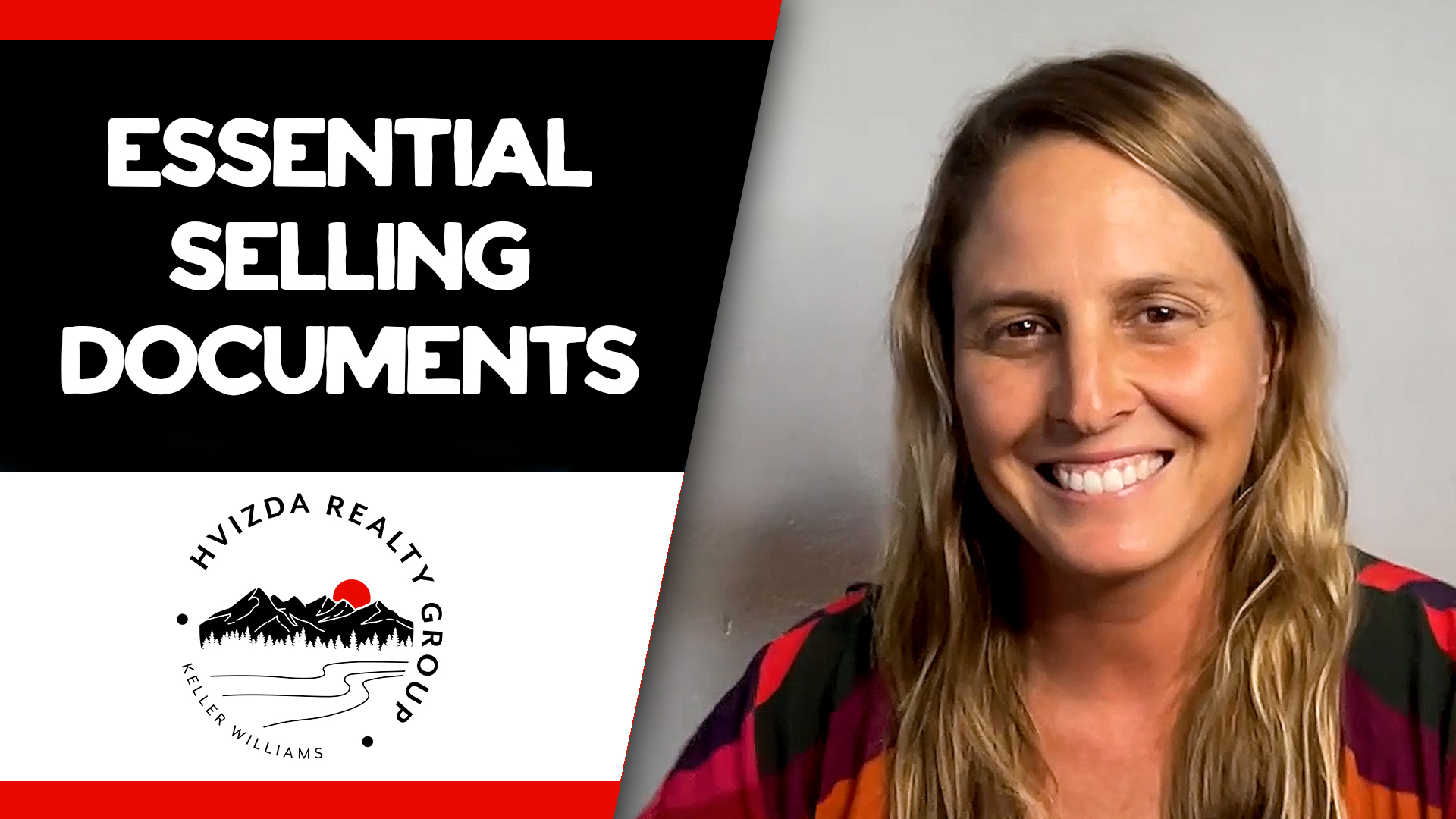Published May 19, 2023
Real Estate Expert Breaks Down the Documents You Need To Sell Your Home

Selling a home requires a ton of paperwork, so make sure you’re prepared.
Are you considering selling your house but are unsure about the documentation required? From listing agreements to closing paperwork, understanding the necessary documents is crucial for a successful and hassle-free selling process. Here are the key documents you'll encounter during your home-selling journey: 1. Listing agreement. Once you've found a reliable real estate agent, you'll sign a listing agreement. This document outlines the terms and conditions of your agreement with the agent. Additionally, you'll need to provide a property disclosure, which details important information about your property. The specific disclosure forms required will vary depending on the type of property you are selling, such as a single-family home, condominium, or land. To enhance your marketing efforts, you may also be asked to complete a document highlighting why you love your home and the community you reside in. 2. Essential property documents. To present your property effectively when it goes under contract, it's crucial to provide all of the necessary official documents. This typically includes the tax card, deed, tax map, surveys, septic information, and any other relevant documents. Collaborating with your agent to ensure that all the pertinent paperwork is readily available for potential buyers.
“Understanding the necessary documents is crucial for a successful and hassle-free selling process.”
3. Purchase and sale agreement. Once your property is listed, you will eventually receive a purchase and sale agreement from a prospective buyer. This serves as a legally binding contract between you and the buyer, so make sure you read it carefully before signing. 4. Title company responsibilities. In New Hampshire, after going under contract, the majority of the document work is handled by a title company. However, as the seller, you have one crucial responsibility: preparing the deed. While this task may seem daunting, don't worry. Your real estate agent can connect you with trusted partners who specialize in efficiently preparing deeds. The buyer will sign the deed during the closing process. 5. Closing documents. As the closing date approaches, there will be a substantial stack of documents to be signed. Many of these documents primarily concern the buyer's financing company. These include the settlement statement, transfer of the deed, and various disclosures required by the buyer. If you have questions about these steps or anything else, please call or email us. We look forward to hearing from you!





